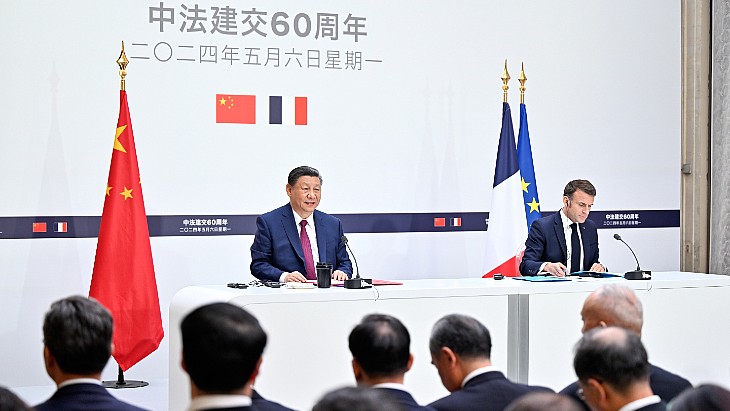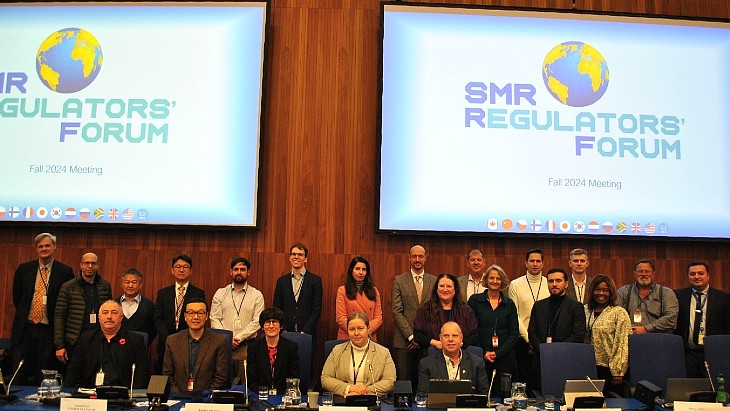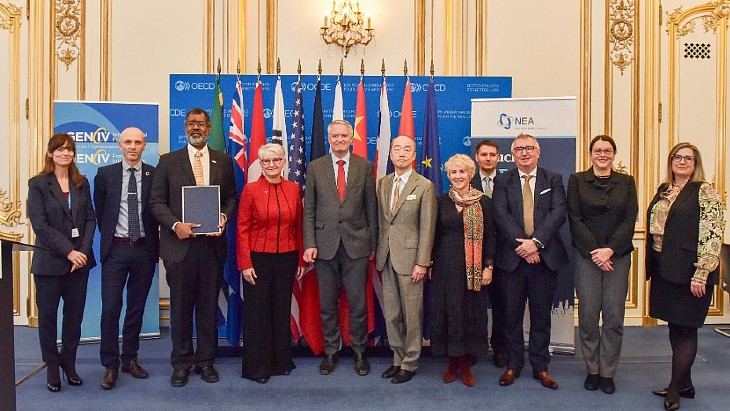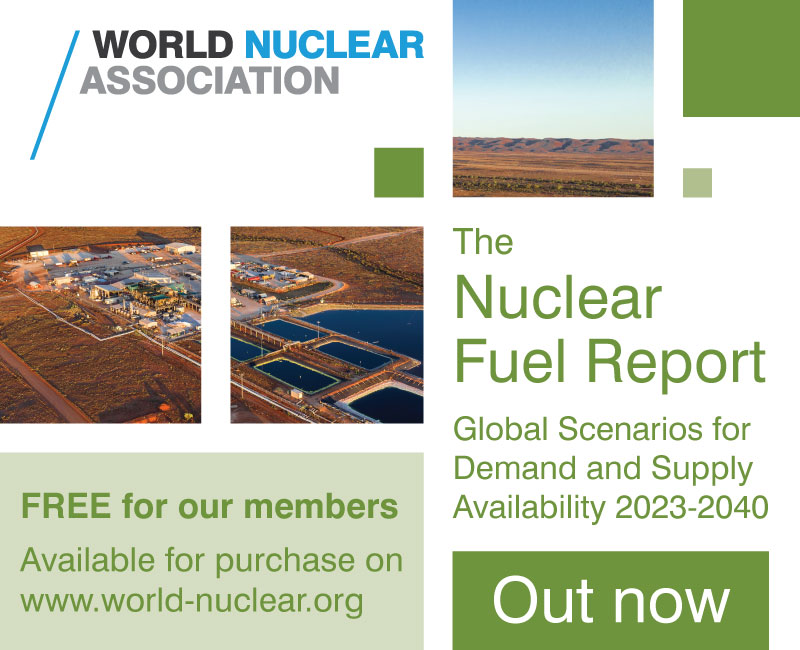UK details commitment to advanced nuclear technologies
.jpg)
At the Commercialisation of Small Nuclear in the UK event held this week at the Manufacturing Technology Centre in Coventry, England, Harrington announced further information on commitments made in the Nuclear Sector Deal.
Launched in June, the Nuclear Sector Deal aims to deliver: a 30% reduction in the cost of new build projects by 2030; savings of 20% in the cost of decommissioning compared with current estimates by 2030; 40% women in nuclear by 2030; and a more competitive supply chain equipped to win domestic and foreign contracts of up to GBP2.0 billion (USD2.6 billion) by 2030.
Harrington announced the intention to open the Generic Design Assessment (GDA) process for small and advanced modular reactors in the new year, with registration for expressions of interest opening before the end of the year. In preparation for this, the Department for Business, Energy & Industrial Strategy (BEIS) and the UK regulators will aim to hold a GDA workshop in due course to engage with stakeholders.
Advanced Nuclear Technologies - otherwise known as small nuclear or small reactor technologies - encompass a wide range of nuclear reactor technologies under development, BEIS noted.
"The common attributes that these technologies share is that they are smaller than conventional nuclear power station reactors and are designed so that much of the plant can be fabricated in a factory environment and transported to site, reducing construction risk and making them less capital-intensive," it said.
Generally advanced nuclear technologies fall into one of two groups, it said. These are Generation III water-cooled small modular reactors, which are similar to existing nuclear power station reactors but on a smaller scale; and Generation IV and beyond advanced modular reactors, which use novel cooling systems or fuels to offer new functionality (such as industrial process heat) and potentially a step-change reduction in costs, it said.
"There is a large variety of potential technologies within these groups which range in scale between micro, small and medium scale reactors and which span technology types from conventional water-cooled reactors, to Generation IV reactors using novel fuels and coolants, as well as fusion reactor concepts," BEIS said.
"Given this breadth, the government believes that 'SMR', as commonly understood, is too narrow a description for technologies coming forward after the current generation of nuclear power stations. Instead government considers this to be the 'Advanced Nuclear' market," it added.
Last December, the government set up an Expert Finance Working Group to advise on how small and advanced modular reactor projects could raise investment in the UK. The final report, Market Framework for Financing Small Nuclear, was published on 7 August.
BEIS is to invest up to GBP44 million in the Advanced Modular Reactor Feasibility and Development project. Eight organisations have been awarded contracts to produce feasibility studies as part of phase 1.
The government and the sector will work together to establish an Advanced Manufacturing and Construction programme of work to demonstrate new ways of making key, high-value nuclear components, or designing systems or processes, BEIS said.
It will provide up to GBP20 million (subject to approval) to leverage significant sector investment, starting with a GBP12 million commitment, but increasing as the programme takes shape.
The government has provided up to GBP7 million to the Office for Nuclear Regulation and the Environment Agency to build the regulators’ capability and capacity for future licensing of small and advanced modular reactors.
"The aim is that more mature designs of smaller reactors could enter the GDA process in the near term (late 2018, subject to the readiness of the individual designs)," BEIS said, adding that it is working closely with the nuclear regulators on the entry criteria for the GDA.
In March 2016, government launched the first phase of the SMR competition as an “evidence-gathering phase” with the goal of gauging market interest among technology developers, utilities, and potential investors, BEIS noted.
Following successful engagement with industry, the competition closed last December. This exercise provided valuable insight into the advanced nuclear technologies market, BEIS said.



.jpg)









